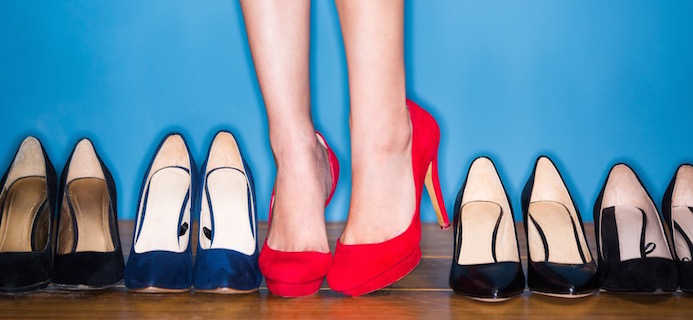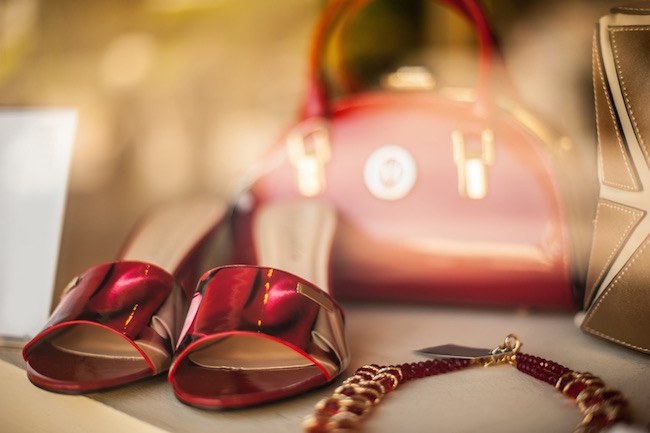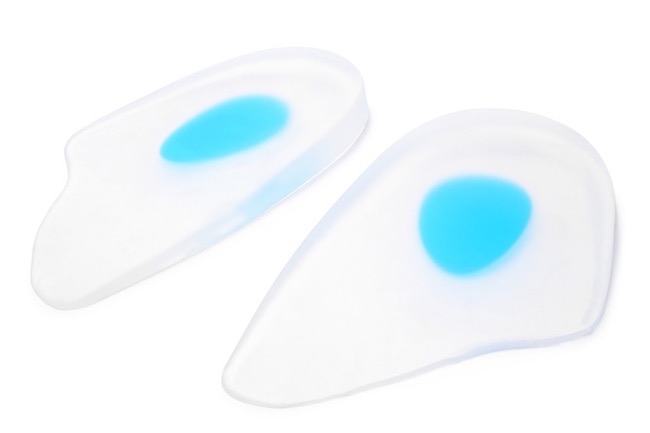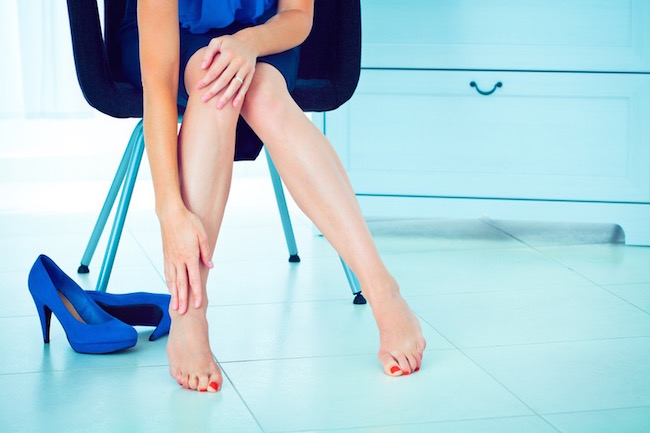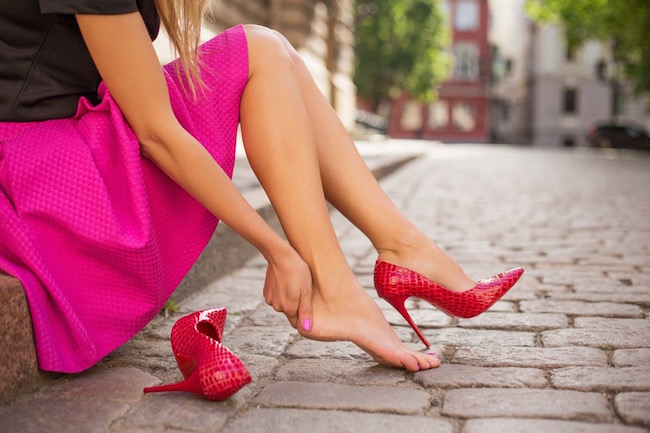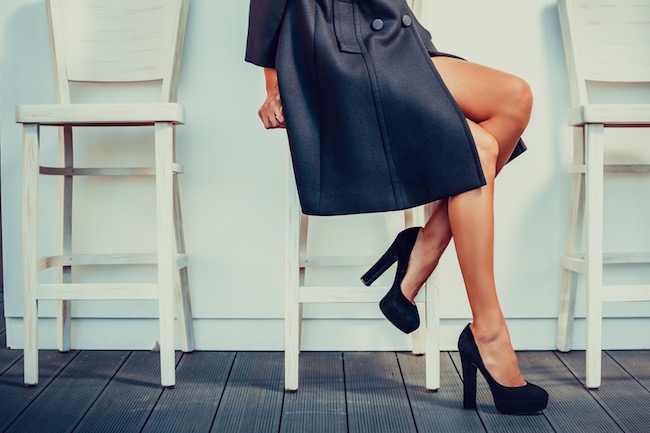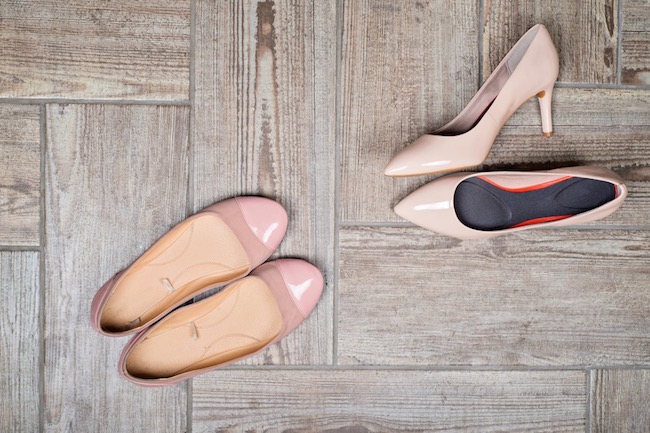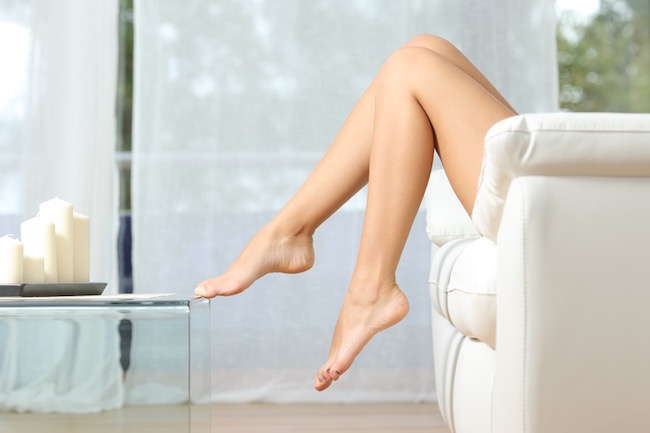This is the kind of story we like…Jolene Sher, senior Physiotherapist at Boost Physio explains how high heels can be good for you and shares her secrets for guilt-free heels
We’ve all been in a situation where we’ve had to go home early due to our feet being in pain and wincing ‘these heels are killing me’, so it’s easy to assume that wearing heels in general is bad for your health. Boost Physio, one of London’s leading physiotherapy practices is constantly being asked this question. Jolene Sher, senior Physio at Boost has some surprising answers to this dilemma and says that wearing high heels is not necessarily bad for your back or feet.
Many women love wearing high heels and some even swear they find them more comfortable than flats. Logically, flat shoes should be the only choice to look after your feet and protect your back, but the lure of the latest must-have killer four inch heels will always be irresistible for some, even if they can play havoc with your feet and posture.
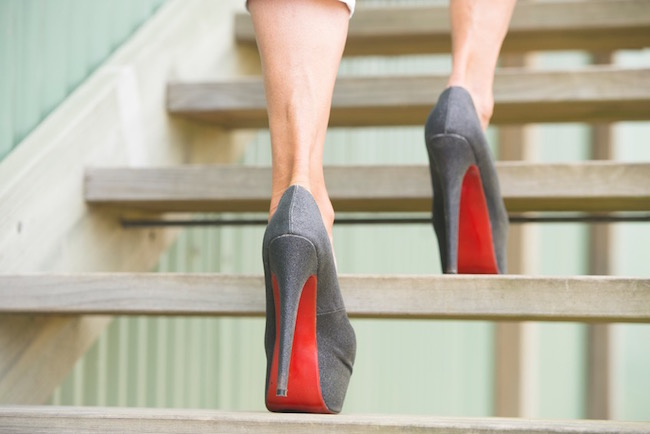
According to Jolene a leading physiotherapist, the good news for those of us who can’t or simply don’t want to give up our beloved heels, is that certain types of high shoes are actually better for you than flats.
“It goes without saying that spending a lot of time in very high, stiletto heels with pointy toes is going to be bad for your feet and your back, never mind increased chances of falling and hurting your ankle, they also make walking difficult and painful. What is surprising is that as far as your back and feet are concerned certain types of high heels can actually be better for your feet than some types of flat shoes”.
Wearing a shoe with a heel can protect your back and feet as they naturally allow some support through the arch of the foot; whereas, flat shoes like Uggs, flip flops and ballet pumps are worse for your feet and posture.
Boost Physio have given their 8 top tips for guilt-free heel wearing.
-
Wider is wiser
For daily wear try and find shoes with a wider heel and wider front of the foot so yourtoes don’t get cramped and your weight is more evenly balanced.
2. Short for support
A lower heel will mean the incline of the shoe is not too steep, keep the pressure off your toes and your back. The best heel height is 2 inches (about 5cm), that should be just about right.
3. Cushion for comfort
Lots of shoes have a cushion base which can really help take the strain off the balls of your feet, if not, get some gel insoles to make them more comfortable.
4. Blister resistor
Whatever the height, rigid pressing on the back of your ankle can eventually lead to a bump forming, which can lead to blisters, swelling and even bursitis. However beautiful the shoes it cannot be worth it to actually cause injury to your feet.
5. Ditch the six-inch
Super high-heels means that you are actually walking around all day on tippy toes, those five and six inch heels may look fantastic but they can put so much stress on the balls of your feet that the pressure on your foot can inflame the bones and the nerves that surround them. Prolonged stress to the foot bones can even lead to hairline fractures.
6. Chunky means funky
If you are going to wear very high heels try to get ones with chunky heels, stilettos may look great but they press on your toes and feet can cause damage, never mind the fact that high, thin heels means that your balance is compromised – you don’t want to fall over walking across the room a la Naomi Campbell on the catwalk.
7. Keep hold of some flatties to feel at ease
If you are wearing a gorgeous pair of very high heels for an event, bring along a pair of flat shoes, you can even get folding flats for parties, that can slip into a bag.
8. Treat your feet
Practice wearing the heels for 15-30minutes at a time before wearing them for an event let your feet and body get used to the heels.
Boost Physio is one of London’s leading physiotherapy practices. With four clinics in North London, at East Finchley, Hendon, Hampstead and one at the Virgin Active Gym in Cricklewood, Boost Physio physiotherapists helps clients with a wide range of physical issues. The Boost Physio team are all Chartered Physiotherapists who are also trained in our unique Boost Physio method of physiotherapy. Boost Physio works with many of London’s leading surgeons and doctors and the practice is recognised by all major health insurers.
MORE: 8 best products for curly hair
MORE: 9 healthy fats that help you live longer
MORE: 10 health experts reveal the ONE item they would take to a desert island
Like this article? Sign up to our newsletter to get more articles like this delivered straight to your inbox.



